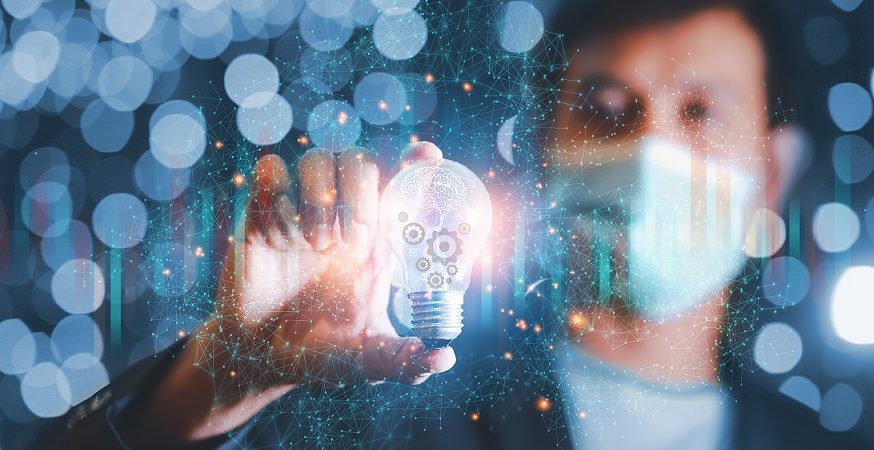Maryury Romero, General Manager for Colombia and Ecuador at Dell Technologies, tells us how technology will drive the future of work and human progress.
The megatrends are visions that we are building on from what is happening today and that will allow us to know and visualize what is coming for the next few decades. By 2030, emerging technologies will reshape our lives and different sectors as we move forward.
In the economy, technology will drive human progress and association with machines is a reality. This represents new opportunities for organizations and opens the possibility of ending old setbacks and starting new ways of doing business. Today, 82% of business leaders believe that, in the next five years, there will be integrated teams of humans and machines working in their organizations.

One of the megatrends that stands out the most is telecommuting, work will no longer be a place, but a task that can be done from any place and time. However, the future of this activity comes hand in hand with the balance of the individual, we must know how much we can demand of ourselves and when we must stop. The number of employees who work remotely has risen steadily over the past decade, and recent studies suggest that roughly 70% of the entire global workforce will be telecommuting at least one day a week.
For its part, the education sector, a key issue in this process, has worked throughout this time on technological strategies that seek to give a boost to education in the face of virtuality, and although these advances have been important in taking stock of the achievements, great challenges also remain, such as improving infrastructure and advancing connectivity as a factor of equity.
5G technology and scalable technology infrastructure can drive these necessary changes to ensure it reaches all communities with a specific focus on digital inclusion. At Dell Technologies we contribute to this sector with Digital Transformation through innovative and accessible solutions to help provide better learning experiences, better student outcomes and close economic gaps.
Similarly, macro technologies have also had an impact on the way we conceive cybersecurity and, in that order of ideas, on the importance that organizations attach to data protection, recognizing data as one of the most valuable assets. More and more people are concerned about their privacy, societies are seeing a change in cultural values, and governments are rethinking their roles and responsibilities based on the empowerment of citizens.
In that vein, it is the beginning of what Dell Technologies calls the ‘Next Decade of Data’, an era that begins with new expectations about what technology will provide us with in the way we live, work and enjoy ourselves. These are the main trends:
● Simplify information technologies. Data visibility is going to be a priority for CIOs. Organizations will accelerate their transformation processes, simplifying their IT infrastructures and consolidating systems and services into complete solutions that allow more control and clarity.
● Co-existence of public and private clouds. The co-existence of public and private clouds will become a reality. The multicloud strategies supported by hybrid cloud architectures will play a key role in enabling organizations to achieve better data management, visibility, accessibility and security.
● You will only pay for what you use. As-a-service and flexible consumption options will accelerate as organizations begin to migrate legacy hardware systems and services to cloud-enabled, software-defined technologies. They will take advantage of end-to-end IT solutions that enable data visibility and mobility, as well as deal with the most demanding AI and Machine Learning workloads.
● Smart devices will change the way you work and collaborate. Software applications using AI and Machine Learning create systems that now know where and when to optimize power and computing based on usage patterns.
As citizens, organizations and, in general, as a society, we must open ourselves to change, overcome the fears and challenges that this may entail and take advantage of the power of technology to create a future in which it is possible to achieve the realization of being. Technology is there to help us drive human progress and how we drive it is up to us.
Click below to share this article

